Business translation is the currency of global success.
It’s business translation that helps move ideas across borders. And nothing else offers you so much leverage to become the global brand of choice.
Embrace translation for business, and watch your brand go from here 👇
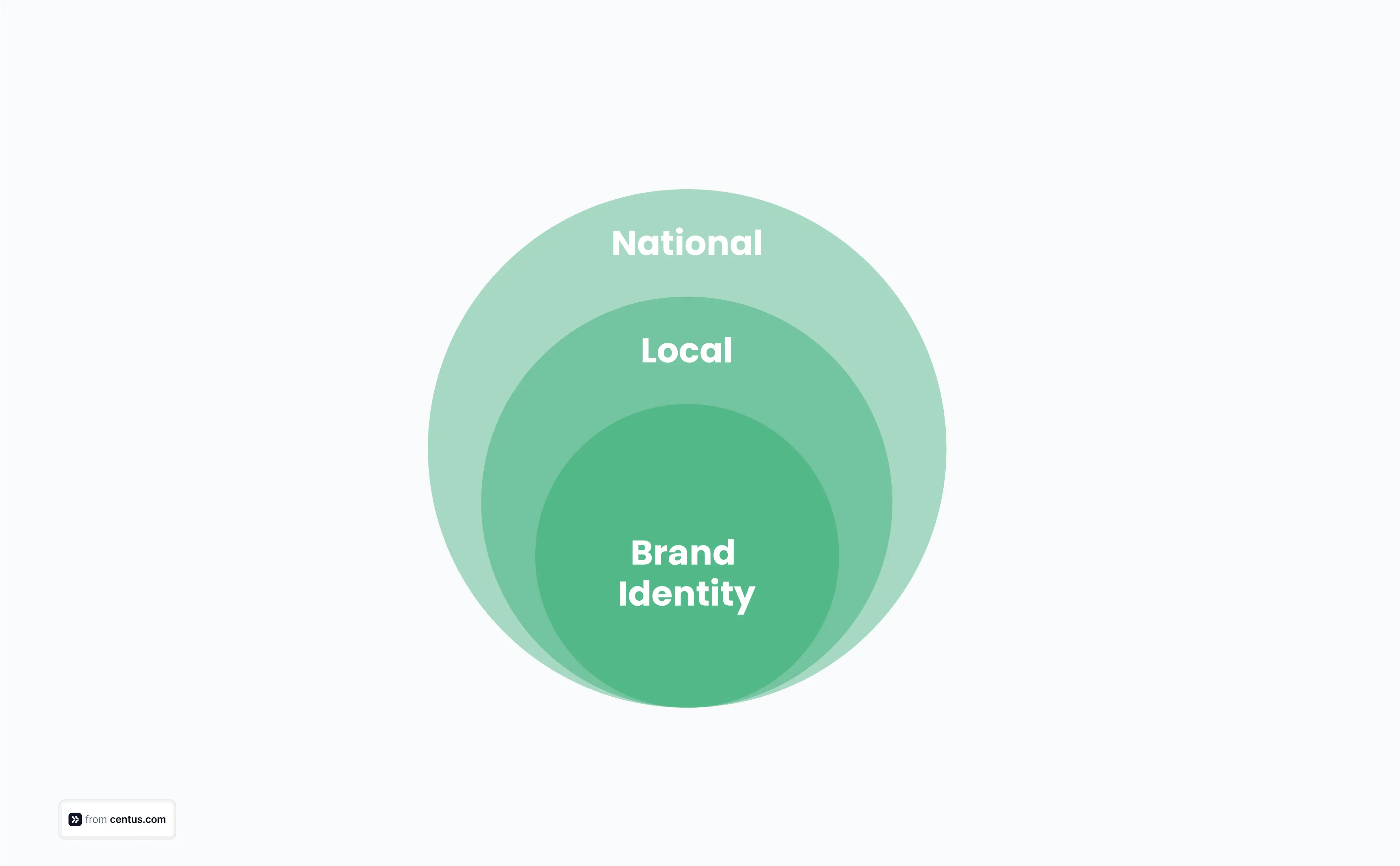
…to here 👇

Put simply, global business wouldn’t exist without business translation.
To help your company break through borders, let’s examine what business translation is and its main types. Along the way, we’ll also look at how to organize your business translation process.
Let’s dive in!
What is business translation?
Business translation is the adaptation of company materials, communications, and other content into different languages to reach global audiences. It includes translating documents, websites, marketing materials, legal contracts, and customer support to ensure clarity, cultural relevance, and compliance in international markets.
Business translation vs general translation
💼 Business translation differs from general translation in both purpose and tone. Business translation is goal-driven, aiming to serve customers, negotiate a deal, or manage a global project. Its emphasis is on conveying clear, unambiguous messages.
On the other hand…
📚 General translation is less structured, allowing for emotional expression and a flexible tone. It centers around cultural nuances to capture the style of the original content.
But here’s the rub: business translation and general translation are not mutually exclusive.
A business translator can handle general text, and vice versa. If your marketing calls for knock-knock jokes and puns, there’s a place for general translation too.
As such, the main distinction between the two is the purpose of translation. It will drive your communicative and linguistic choices. It will shape the message.
So what’s the purpose of business translation? I’m glad you’ve asked, ‘cause I’ve come prepared 👇
Business translation goals
Business translation allows you to achieve multiple goals. Let’s tackle them one by one and accompany them with business translation examples:
Reach global customers
Just like Asana has done by translating its website into Spanish:

Manage global projects
If your business expands internationally, you may need to open overseas offices. You may even need to source components from one country and assemble them in another. Corporate translation makes it all possible.
Enhance customer experience
Just like Amazon did by translating its documentation into ten languages
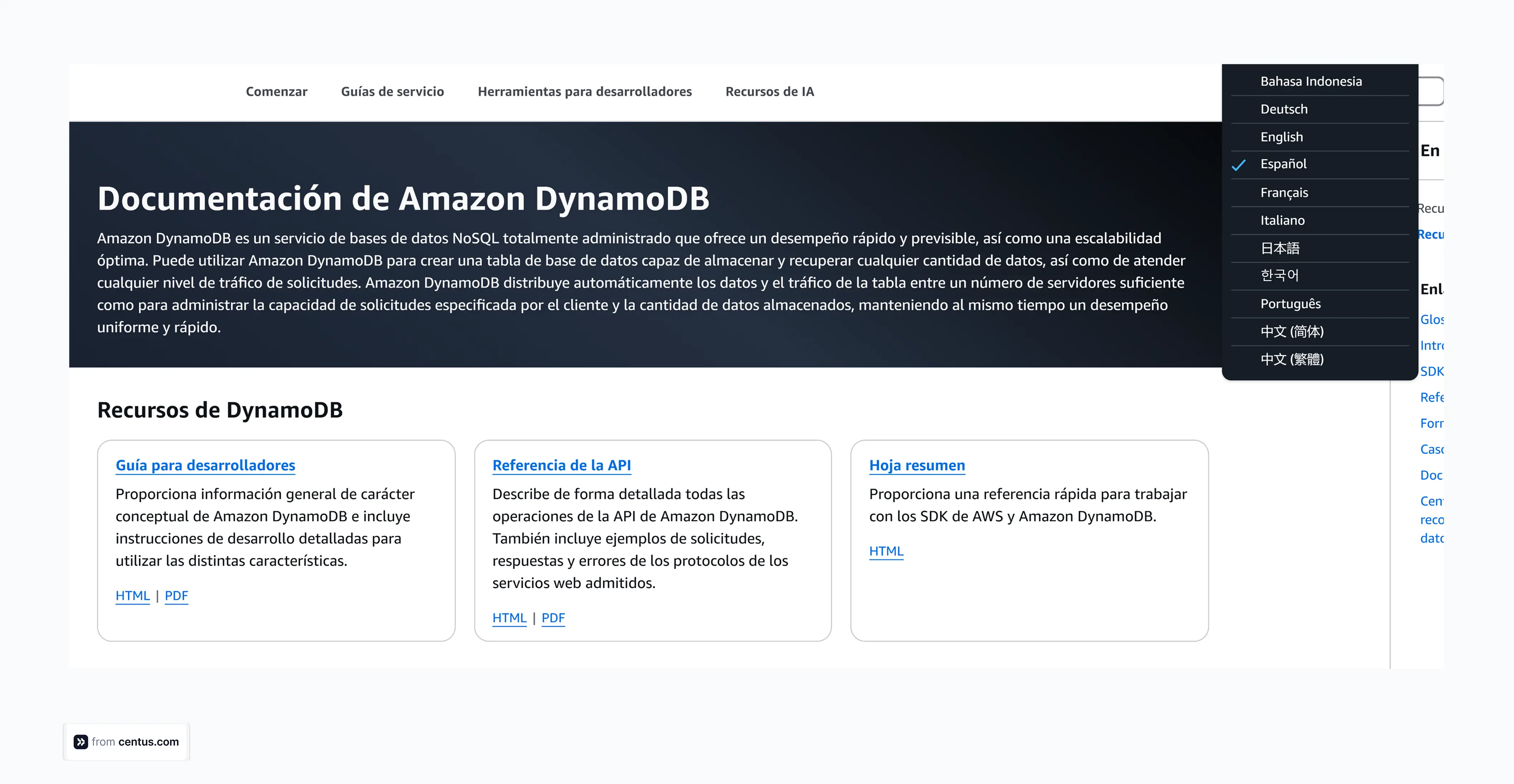
Adapt business messaging
Just like Warhorse Studios with its Czech motto:“Děláme hry, které mají smysl.”
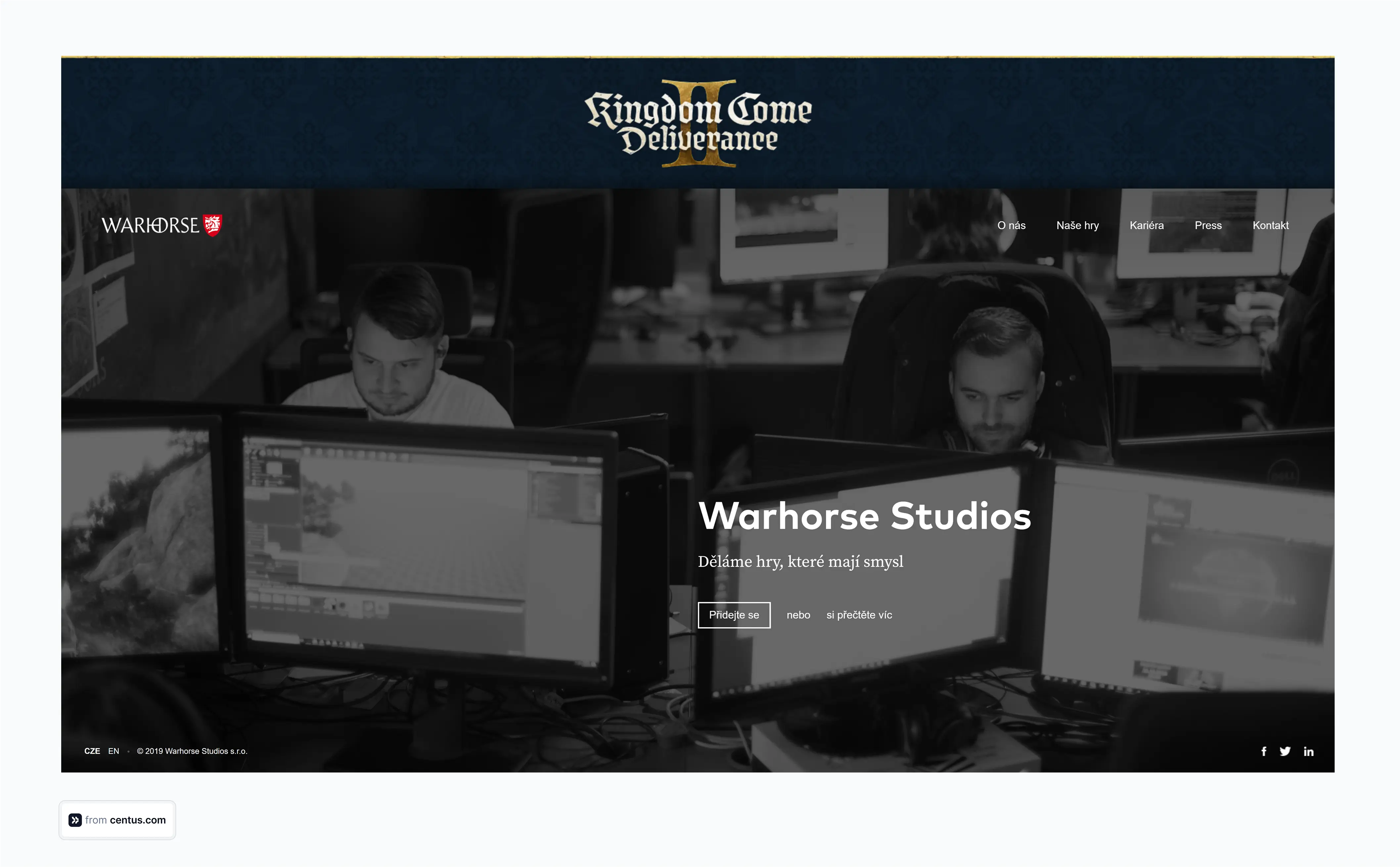
In English, it’s rendered as “Making games with grit.”
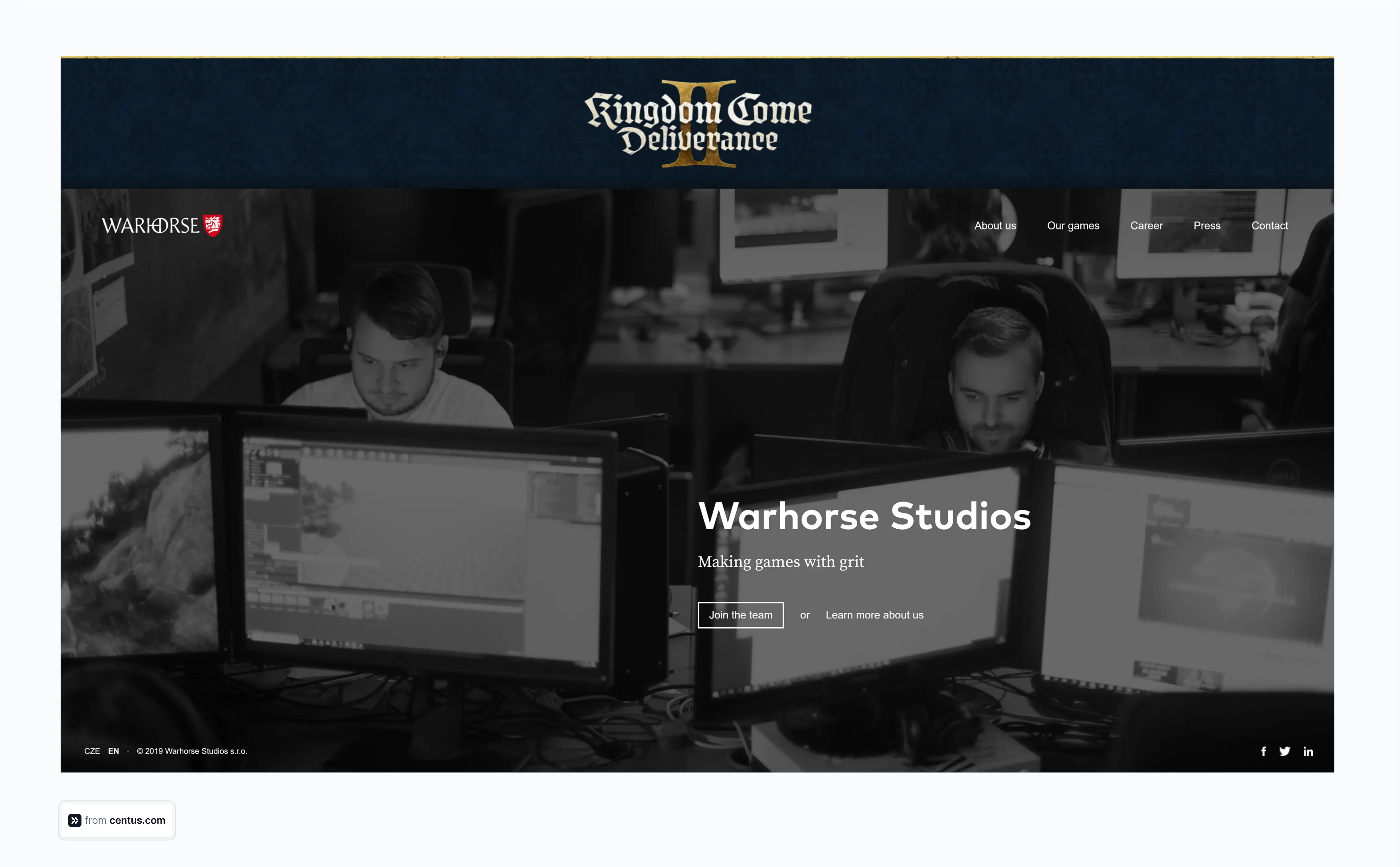
If you speak Czech, you know that the original is closer to “Making games that make sense.” Although the English translation is not literal, it works. Why?
Because the translation helps to better convey the company’s brand to English-speaking audiences. As such, it makes business sense. And that’s what business translation is all about.
Comply with legal requirements
Just like Google has done by translating its Terms of Service and Privacy Policy into European languages. UCPD compliance? Check!
6 Types of business translation
Content that your businesses may need to translate falls into six broad categories:
- Technical translation
- Marketing translation
- Legal translation
- Financial translation
- Industry-specific translation
- Internal communication translation
Now, let’s cover them in detail:
Technical translation
Technical translation is a specialized translation of technical documents performed by well-trained translators with a strong command of industry-specific terminology.
Technical translation is a common starting point for most companies. It allows you to ensure that technical documentation is accessible to users in overseas markets.
The following types of documents require technical translation:
- User manuals with installation and usage instructions, feature descriptions, specs, and troubleshooting guidance
- Technical reports with summaries of technical research, including experimentation and data analysis processes
- Product specifications detailing product features, functions, and performance
- Safety manuals with information on the safe use and maintenance of a product or system, including warnings, precautions, and emergency procedures
- White papers featuring an in-depth technical exploration of a topic or issue, including research, and analysis

Marketing translation
Marketing translation is the translation of marketing materials. Unlike other types of translation, marketing translation tries to influence consumer preferences, and ultimately, purchasing decisions. Therefore, rather than translating word-for-word, marketing translation agencies take the transcreation route and tailor the message to the target audience.
Marketing translation involves:
- Website content including landing pages, service pages, blog posts, and even visual and audio elements on them
- Social media content such as posts, videos, infographics, polls, and even memes.
- Advertising assets such as social media and paid internet ads, TV commercials, flyers, and brochures
- Product descriptions and packaging to convey specifications, usage instructions, or other information to consumers
- Press releases and media kits to shape the brand narrative and messaging
- Email newsletters and marketing campaigns to project a consistent, positive brand image

Legal translation
Legal translation is the translation of legal documentation to support business operations overseas. Business documents requiring legal translation should have a binding effect and be enforceable by law. For example, corporate reports don’t require legal translation, unlike contracts, deeds, and patents.
Legal translation falls into two broad categories:
- Legal documents such as warrants, registrations, contracts, agreements, patents, trademarks, copyrights, certificates, licenses, insurances, and decrees.
- Judicial documents that record judicial proceedings, including sentences, lawsuits, torts, and property deeds. Judicial documents also include affidavits and legal correspondence.
Financial translation
Financial translation covers documents related to banking, accounting, investment, and corporate finance. Put simply, the money side of business operations. This includes translating documents like:
- Purchase documents including purchase orders, accounts payable invoices, accounts payable disbursements, stock transport orders, and framework orders, among others.
- Financial reports and statements, such as annual reports, balance sheets, income statements, and cash flow statements
- Audit reports that provide verified information about a company’s financial performance
- Investment prospectuses that detail the financial performance of stocks, bonds, and funds for potential investors
Industry-specific translations
Industry-specific business translations are normally required by companies operating in technical or niche sectors. That’s where B2B translators with subject matter expertise are particularly useful. Some of the industries requiring this kind of translation are:
- Healthcare
- Energy sector
- Aerospace and defense
- Industrial manufacturing
- Electronic engineering
- Information technology
- Pharmaceutical sector
Internal communication translation
Internal communication translation is the translation of corporate documents meant for internal stakeholders. Such translation ensures smooth communication between employees, management, investors, and partners.
Here are the types of documents requiring internal communication translation:
- Emails and instant messages including announcements, reminders, or policy changes
- Letters for official communication with global business partners, clients, or shareholders
- Memos to communicate updates or instructions
- Reports to collect and present factual business data to the company’s management
- Presentations to make essential business data easily accessible to the audience
- Newsletters to share company news and updates
Business translation challenges and solutions
Business translation projects tend to expand far beyond their allotted time and budget. And even if you manage to curb expenses and translate your business content on time, it will likely fall short of your performance targets–quality, leads, or traffic.
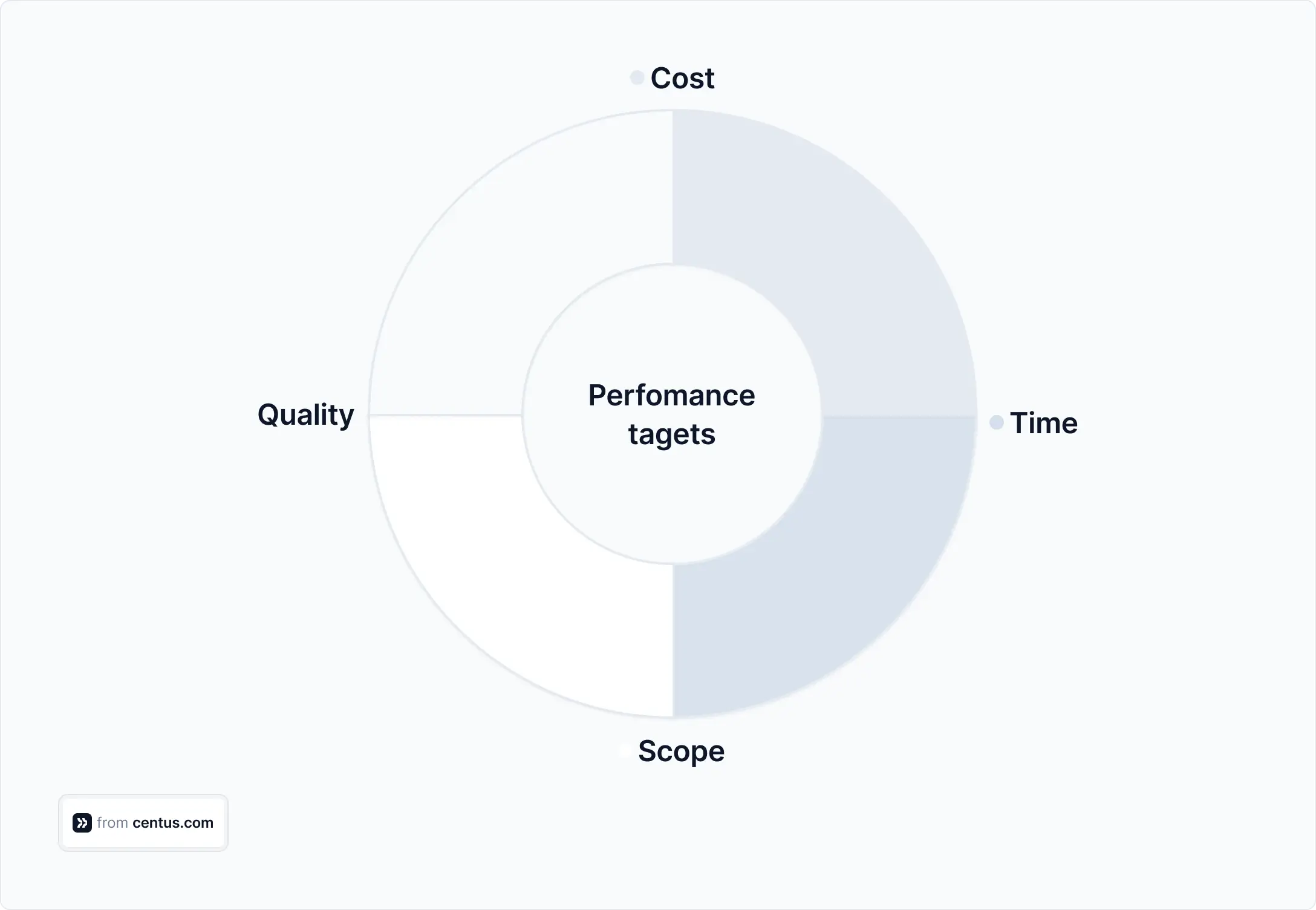
Is it all hopeless? Fortunately, no. With these tips, you can balance the key constraints of your business translation project:
❗Challenge: Content quantity
An average business website word count? Over 700K words. I’ve measured it myself.
That is to say: the quantity of business content requiring translation is overwhelming.
💡 Solution: Use machine translation
Use machine translation to deliver business translation projects faster and at a lower cost.
Before you object, let me admit: yes, Google Translate isn’t perfect. In fact, you should be skeptical of any machine translation engine.
This brings me to the second challenge 👇
❗Challenge: Accuracy and quality
If you rely on machine translation alone, the quality of your business translations will inevitably suffer. Need I remind you that poor translations are detrimental to your brand?
💡 Solution #1: Use professional editing
Our customers rely on machine translation for all their content. And yet, the quality of their translations is remarkable.
How come?
Because they pair machine translation with human editing. This way, they save up to 90% of time and money while keeping their translations accurate.
💡 Solution #2: Pair translators with SMEs
If you translate for business, pair language experts with your company’s subject matter experts (SMEs). This will give them access to the knowledge required to deliver accurate and reliable translations.
❗Challenge: Translation consistency
With large volumes of content to translate, the same terms are bound to have several versions across your content. This inconsistency is especially harmful to technical documents and materials.
The issue is worsened if translations for business are performed by separate teams.
💡 Solution: Build translation memory and termbase
Use translation memories (TMs) and termbases. These tools suggest suitable translations from the database of previously translated content.
Here’s what such automatic suggestions look like in Centus:

❗Challenge: Fragmentation
Fragmentation happens when separate teams, freelancers, or translation services are involved. Add your designers, developers, and managers on top and your project will turn into a sprawling mess of email threads, chat groups, and disparate documents.
💡 Solution: Use a TMS
Bring your project stakeholders onto a business translation software, like Centus. Using it, your team members can access the same:
- processes
- translation memories
- glossaries
- translation tools
- collaboration tools
- document versions
With Centus, your entire team can work within a single collaborative space. They can share screenshots, exchange files, and offer feedback. And managers can always stay on top of your business translation project.
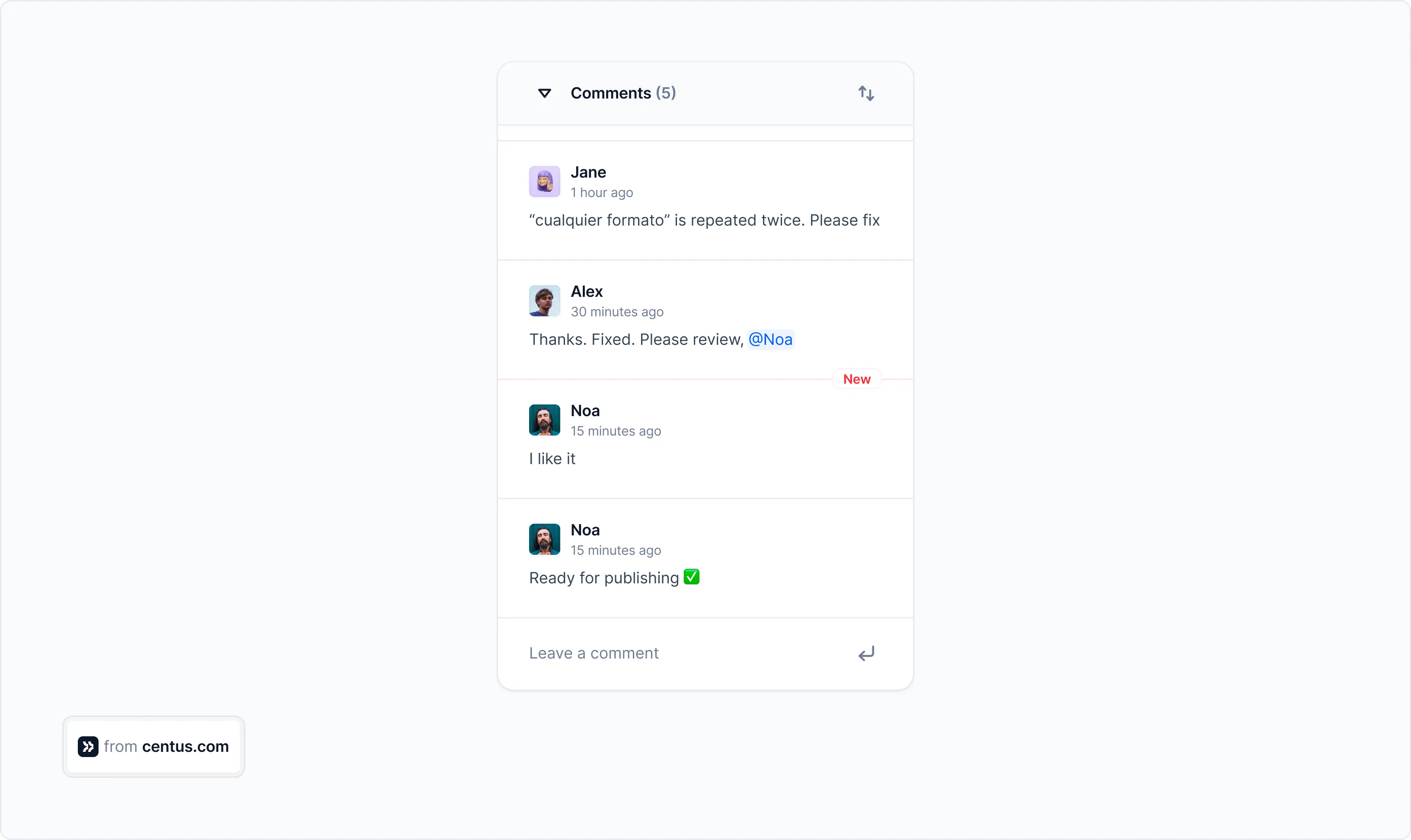
Convenient? You bet!
❗Challenge: Image translation
Business translation projects would be easier if they didn’t involve image translations. But that’s rarely the case. Whether it’s a website or an ebook, all images require translation, adding a time-consuming extra step.
💡 Solution: Integrate graphic tools
Integrate graphic tools into your translation workflow. For example, with Centus-Figma integration, your designers can push and pull translations into their designs automatically.

Parting thoughts
Business translation helps you communicate across cultural boundaries. But the harsh truth is, you won’t always communicate clearly.
Why?
Because when translating for business, “anything that can go wrong will go wrong.” Inaccurate translations, inconsistent terminology, and missed deadlines are staples of large-scale business translation projects.
The solution?
Use a professional translation platform to keep your project moving. With it, you can automate manual processes prone to errors. You can also ensure superior QA using both automatic checks and human reviewers.
Where to find such a platform? Luckily, it’s just a click away.
Try Centus now!
Get the week's best content!
By subscribing, you are agreeing to have your personal information managed in accordance with the terms of Centus Privacy Policy ->
Keep learning
10 min. read
How to Start a Translation Business Online: A Step-by-Step Guide
13 min. read
Best Internal Growth Examples + 8 Expert Strategies
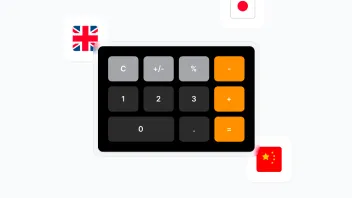
9 min. read
Website Translation Costs: How to Calculate and Manage Them
18 min. read
5 Ways How to Find a Translator
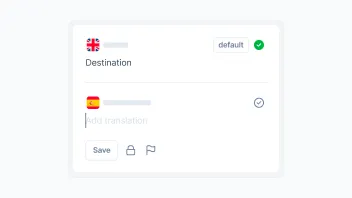
6 min. read
How to Organize Content Translation Process
7 min. read